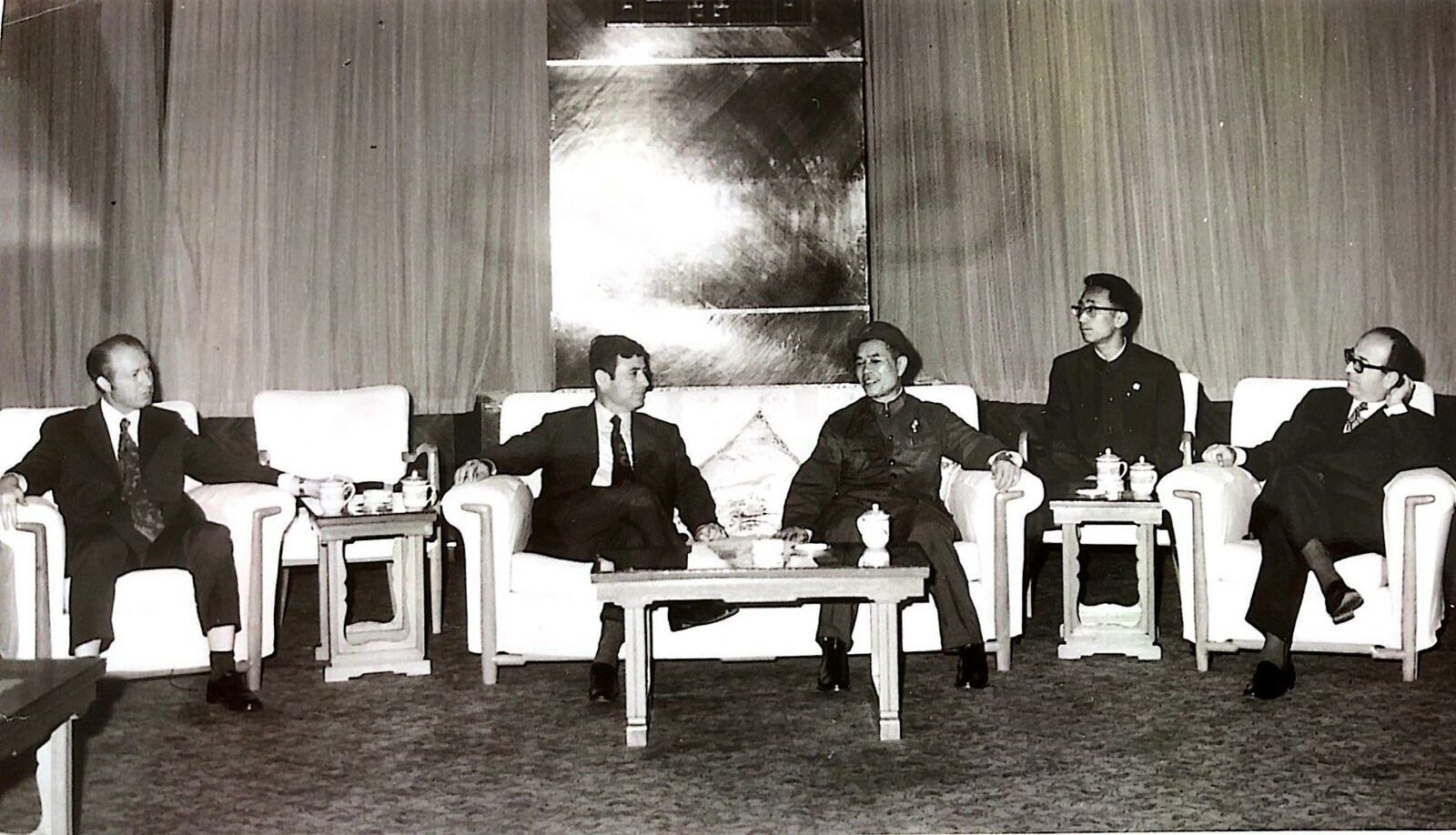In March 1972, Iraq proposed to Egypt and Syria the reestablishment of the United Arab Republic, which had collapsed in 1963. The Iraqi proposal was an immediate response to Jordan’s suggestion to establish the United Arab Kingdom, but it collided with the formation of the Arab Republics Union between Syria, Egypt, and Libya due to Iraqi-Syrian differences.
The Arab Republics Union proposal in 1972 (in red) was a new version of the failed United Arab Republic of 1963.
The United Arab Kingdom plan was vehemently rejected by Palestinians, Arabs, Islamic countries, and also Israel. The counter-Iraqi proposal encouraged the inclusion of the Palestine Liberation Organization (PLO) into the negotiations.
However, Libya should be excluded, at least initially. The Iraqi regime led by Saddam Hussein favored the Iraqi-Syrian conflict while Libyan leader Muammar Gaddafi criticized the Iraqi government’s approach towards the Soviet Union and Iraqi communists.
At the end of March 1972, Iraqi Vice President Saddam Hussein led a high-level delegation to Damascus and Cairo to promote the proposal. In Syria, Saddam Hussein met with President Hafez al-Assad and Foreign Minister Abdel Halim Khaddam, but Egyptian President Anwar Sadat had already consulted with Gaddafi in Libya. On March 26, Saddam met with Deputy President Mahmoud Fawzi in Cairo and finally met Sadat in Alexandria on March 28. The proposal for the Egyptian-Libyan-Syrian Arab Republic Union was rejected.
However, Syria and Egypt invited Iraq to join this union instead. According to Khaddam, the Syrian-Iraqi summit was a first step towards unity and resolving disputes between the Syrian and Iraqi Ba’ath Parties. In October 1972, Iraqi President Ahmed Hassan al-Bakr agreed to Syrian terms and suggested the creation of an Iraqi-Syrian Union within the broader union, as Egypt and Libya had already announced a dual merger within a stronger union (also known as the United Arab Republic). With no further discussions, in January 1973, the Iraqi regime assured Egypt and Syria of full military and economic support in case of a new war against Israel. However, Iraq’s proposal for a joint military command was rejected.

